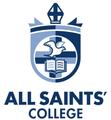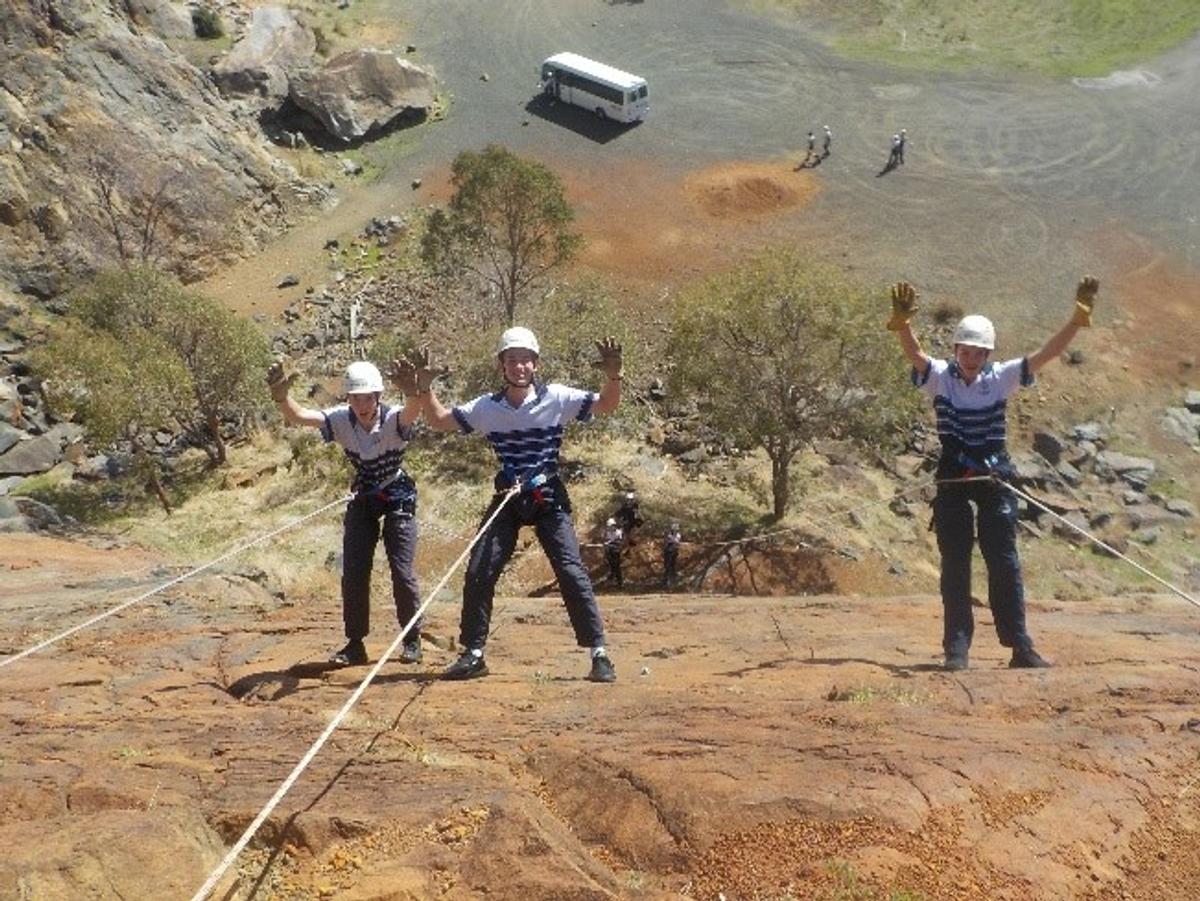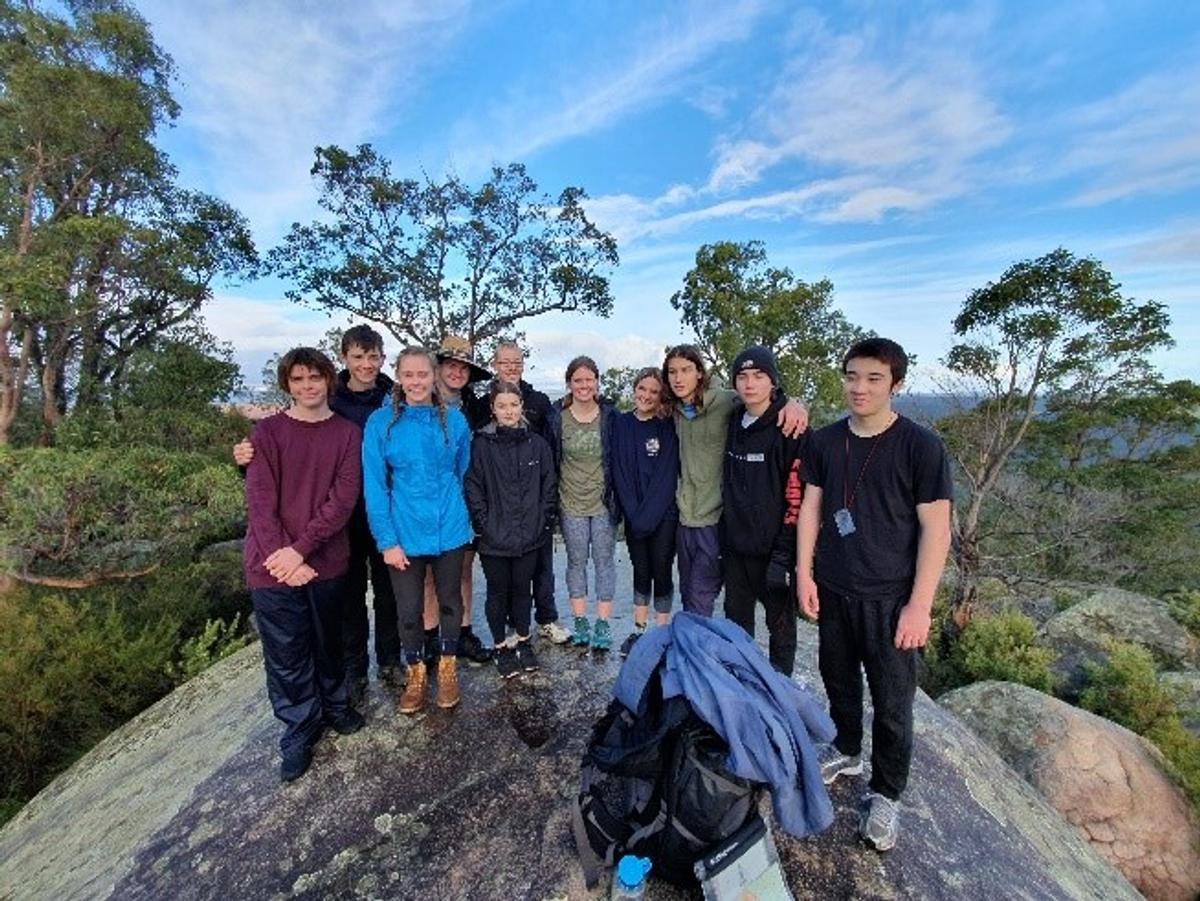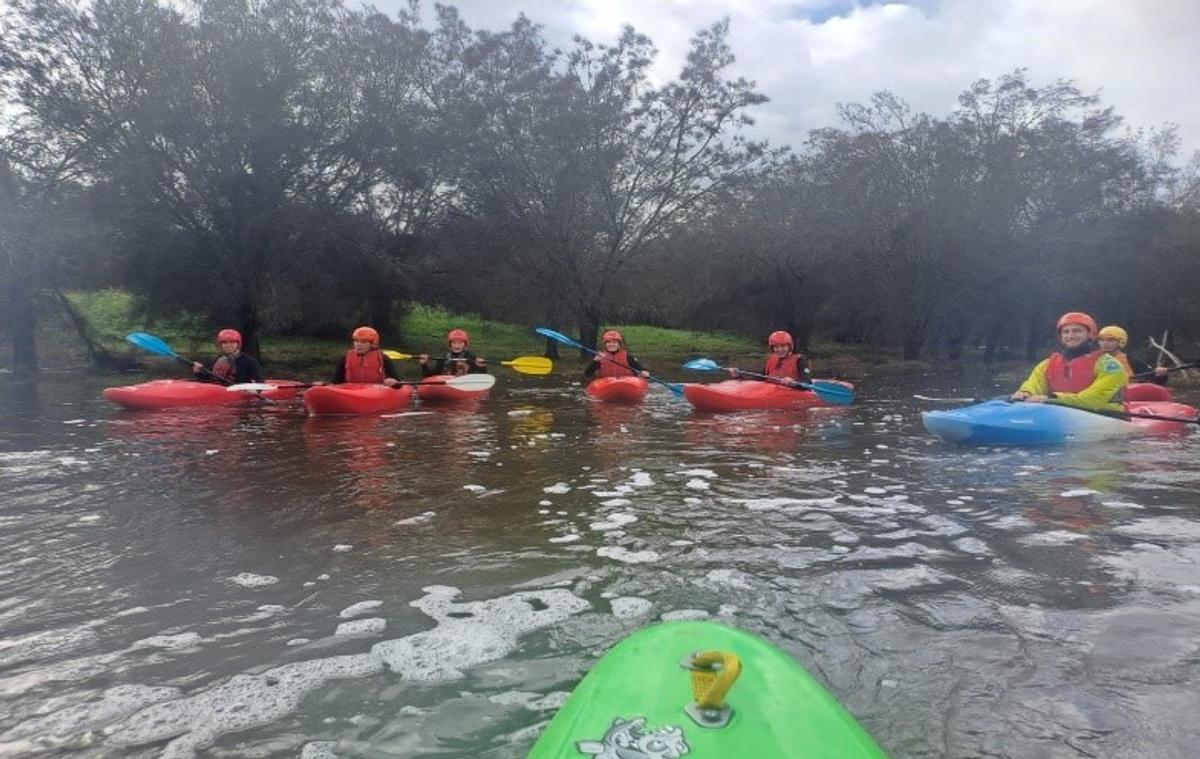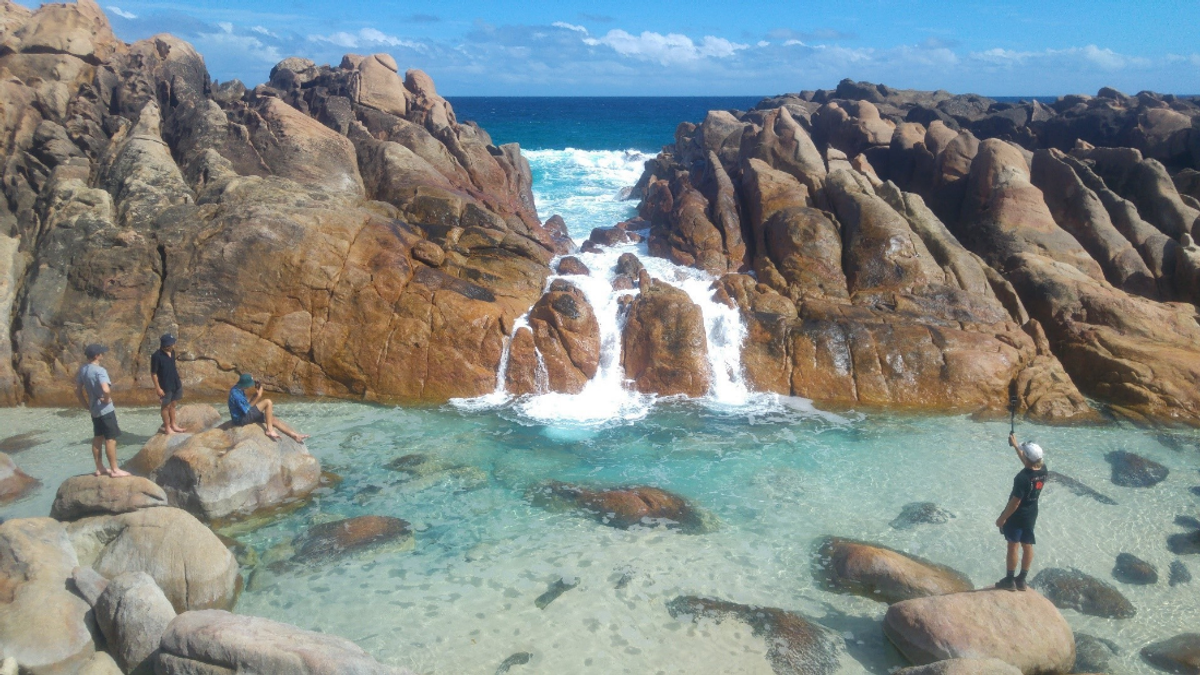HEALTH & PHYSICAL EDUCATION LEARNING AREA
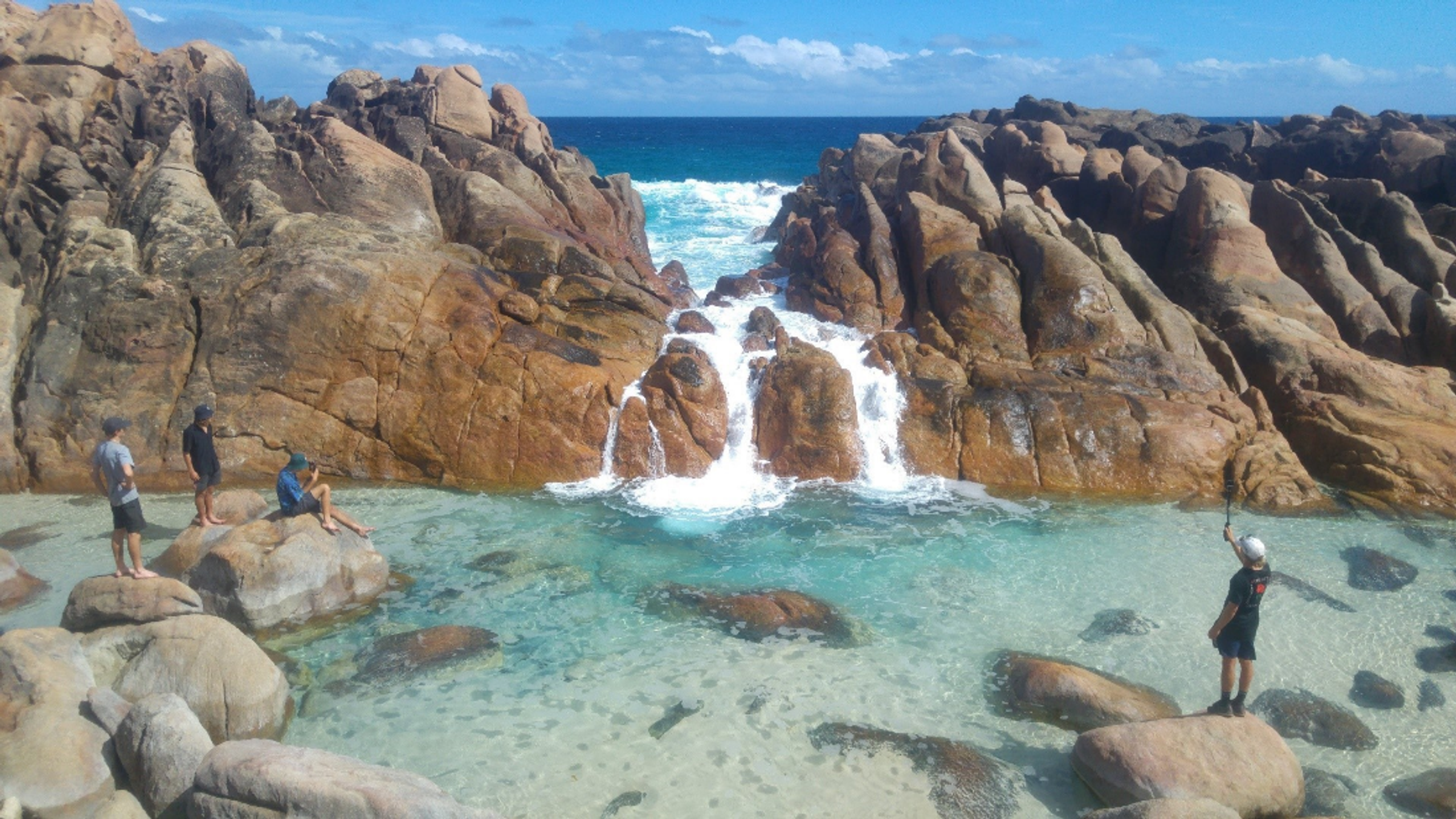
PHYSICAL EDUCATION STUDIES – ATAR COURSE
Study of the Physical Education Studies ATAR course contributes to the development of the whole person. It promotes the physical, social and emotional growth of students. Throughout the course, emphasis is placed on understanding and improving performance in physical activities. The integration of theory and practice is central to studies in this course.
The Physical Education Studies ATAR course focuses on the complex interrelationships between motor learning and psychological, biomechanical and physiological factors that influence individual and team performance. Students engage as performers, leaders, coaches, analysts and planners of physical activity. Physical activity serves both as a source of content and data and as a medium for learning. Learning in the Physical Education Studies ATAR course cannot be separated from active participation in physical activities, and involves students in closely integrated written, oral and physical learning experiences, based upon the study of selected physical activities.
The course appeals to students with varying backgrounds, physical activity knowledge and dispositions. Students analyse the performance of themselves and others, apply theoretical principles and plan programs to enhance performance. Physical activity and sport are used to develop skills and performance along with an understanding of physiological, anatomical, psychological, biomechanical and skill learning applications.
The course prepares students for a variety of post-school pathways, including immediate employment or tertiary studies. It provides students with an increasingly diverse range of employment opportunities in the sport, leisure and recreation industries, education, sport development, youth work, and health and medical fields linked to physical activity and sport. The course also equips students to take on volunteer and leadership roles in community activities.
The course content is divided into six interrelated content areas:
Developing physical skills and tactics
Motor learning and coaching
Functional anatomy
Biomechanics
Exercise physiology
Sport psychology.
Year 11
The Year 11 syllabus is divided into two units, each of one semester duration, which are typically delivered as a pair.
Unit 1
The focus of this unit is to explore anatomical and biomechanical concepts, the body’s responses to physical activity, and stress management processes, to improve the performance of themselves and others in physical activity.
Unit 2
The focus of this unit is biomechanical, psychological and motor learning and coaching concepts and how students apply these to their own and others’ performance.
Year 12
The Year 12 Syllabus is divided into two units which are delivered concurrently.
Unit 3
The focus of this unit is to provide opportunities for students to build upon their acquired physical skills and biomechanical, physiological and psychological understandings to improve the performance of themselves and others in physical activity.
Unit 4
The focus of this unit is to extend the understanding by students of complex biomechanical, psychological and physiological concepts to evaluate their own and others' performance.
Prescribed list of sports for practical (performance) WACE examination
AFL, Badminton, Basketball, Cricket, Hockey, Netball, Football, Tennis, Touch,
Volleyball.
Students will be assessed in both the theory and practical aspects of the course with the weighting being 70% theory, 30% practical.
GENERAL HEALTH STUDIES (YEAR 12 ONLY)
Throughout this course, students explore health as a dynamic quality of life. They will consider the way in which beliefs and attitudes influence health decisions and learn how to plan and take action that will promote their own and the health of others. They examine the impact of social and environmental factors on health and use inquiry skills to investigate and respond to relevant issues. The course also provides students with opportunities to develop skills that will enable them to pursue careers in health promotion, research, or community health care.
Using an inquiry process, students draw on their knowledge and understandings of health concepts and investigate health issues of interest. Through this process, they develop research skills that can be applied to a range of health issues or concerns.
This course will prepare students for career and employment pathways in a range of health and community service industries. Students will have the opportunity to develop key employability and life skills, including communication, leadership, initiative and enterprise. Inquiry skills will equip students to adapt to current and future studies and work environments.
Year 12
Unit 3
This unit focuses on building students’ knowledge and understandings of health determinants and their interaction and contribution to personal and community health. Students define and consolidate understandings of health promotion and are introduced to key health literacy skills. Students expand on their understanding of the impact of beliefs on health behaviour and continue to develop personal and interpersonal skills which support health. Inquiry skills are consolidated and applied, including the ability to identify trends and patterns in data.
Unit 4
This unit focuses on the impact of health determinants on personal and community health. The concept of community development and the importance of participation and empowerment is introduced. Students learn about how chronic conditions are defined in the National Strategic Framework. The use of social marketing in health is explored and students are introduced to emotional intelligence as a mechanism for perceiving, controlling, and evaluating emotions. Students continue to refine inquiry skills as they address relevant issues and produce insightful and well-researched reports.
Incursions for Year 12 Health Studies include the Cancer Council WA, Diabetes WA and the Child and Adolescent Health Service Research Education Program.
CERTIFICATE III - SPORT, AQUATICS AND RECREATION (YEAR 12 )
A Certificate III can be completed over two years with credits available after 1. The course will enable students to have access to a course that involves some practical activity during Year 11 and 12, whilst working towards a Certificate to add to their achievements whilst at the College.
This Certificate II will help students to develop many essential skills such as planning, organisation, time management, communication, leadership skills, project management and working with teams and others, such as students in the Junior School.
Please see theVETis Handbook for further information regarding this course.
OUTDOOR EDUCATION GENERAL COURSE
Through interaction with the natural world, the Outdoor Education General course aims to develop an understanding of our relationships with the environment, others and ourselves. The ultimate goal of the course is to contribute towards a sustainable world.
The Outdoor Education General course is based on the experiential learning cycle. This cycle is made up of three stages: plan, do and review. Students plan for outdoor experiences, participate in these experiences and reflect on their involvement.
The course lends itself to an integrated approach between practical experiences, the environment and conceptual understandings. Students develop self-awareness by engaging in a range of challenging outdoor activities. They enhance personal and group skills and build confidence, empathy and self-understanding. Working with others enables students to better understand group dynamics, and enhance their leadership qualities and decision-making abilities, while showing respect for self, others and the environment.
Students plan and participate in a range of outdoor activities and develop knowledge and skills for participating safely in these activities. They learn to assess risk, and identify and apply appropriate management strategies and emergency response procedures.
A consumable charge applies to this course. This will be charged separately to Tuition fees.
Year 11
Students will participate in units in Roping, Abseiling, Navigation, Orienteering and Whitewater Kayaking. Please be aware that these units are subject to change
Unit 1: Experiencing the Outdoors
Students are encouraged to engage in outdoor adventure activities. An experiential approach is used to discover what being active in the environment is all about. Students are introduced to outdoor adventure activities where they can develop and improve technical skills and apply appropriate practices to ensure safe participation. They understand basic planning and organisational requirements necessary for them to participate in safe, short-duration excursions/expeditions in selected outdoor activities. They begin developing skills in roping and navigation. Students are introduced to personal skills and interpersonal skills, including self-awareness, communication and leadership. Features of natural environments and examples of local environmental management and ‘Leave No Trace’ principles are introduced.
Unit 2: Facing Challenges in the Outdoors
This unit offers the opportunity to engage in a range of outdoor adventure activities that pose challenges and encourage students to step outside their comfort zone. Students consider planning and resource requirements related to extended excursions/short-duration expeditions. They are introduced to simple risk assessment models to assist in decision making and apply safe practices to cope with challenging situations and environments. They develop time management and goal setting skills to work with others and explore strategies for building group relationships. They understand the main styles of leadership and how to use strategies to promote effective groups. Features of natural environments and components of weather are introduced. Conservation, biodiversity and environmental management plans are also introduced.
Year 12
Students will participate in Bush Walking and Mountain Biking units where a variety of skills including expeditioning, navigation, Leave No Trace, leaderships and decision making will be taught. Please be aware that these units are subject to change.
Unit 3: Building confidence in the outdoors
Students understand planning and organisational requirements necessary for them to participate in safe, short-duration excursions/expeditions. Students participate in outdoor adventure activities where they develop and improve their technical skills, apply appropriate practices to ensure safe participation, and begin to develop survival skills. Students develop personal skills related to flexibility in coping and adapting to change and in monitoring such things as the elements in an environment, or the participation of individuals in activities and expeditions. Features and relationships in natural environments are examined. Weather components, patterns and forecasting are introduced. Students develop a greater understanding of human interactions with nature, past and present. Sustainability is introduced and local issues are examined.
Unit 4: Outdoor leadership
Students consider planning and organisational requirements necessary for them to participate in positive and safe, short-duration excursions/expeditions in selected outdoor activities. Students engage in outdoor activities where they develop and improve their technical skills and apply appropriate practices to ensure safe participation. They continue to develop navigational skills and respond to an emergency in the outdoors. Students focus on developing commitment, tolerance, resilience and conflict resolution skills. Students lead briefing and debriefing sessions and appraise their own and others’ leadership skills. Students continue to forecast weather and apply strategies to minimise human impact on natural environments. They explore sustainability projects and understand human responsibility for the environment.
Students will work towards completing two expeditions in Year 12: Cape to Cape Hike (Unit 3) and a Mountain Bike Riding Expedition (Unit 4).
